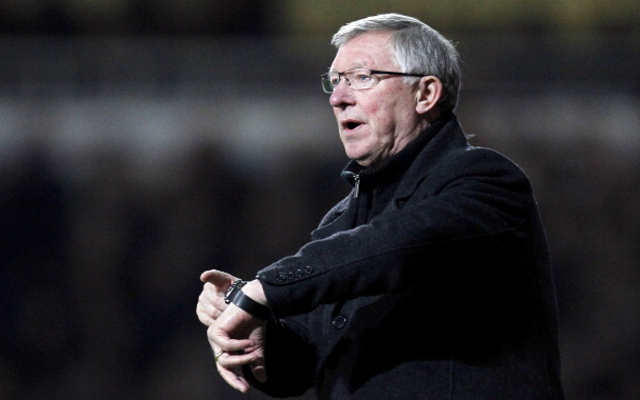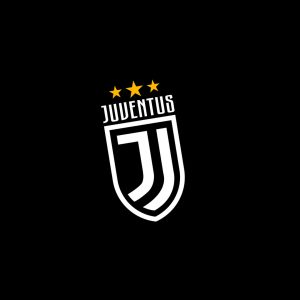I grew up loving the game of soccer. I would watch the team captains and coaches because they’re the animated and gesturing types. I’d see them flagging their arms and calling out for coverage. Telling players to track back and push forward. Even today I look to see if a team captain is situationally aware on the field and able to keep the team in a position to win.
When I played soccer, I occasionally wore the captains armband. I no longer play team soccer, but metaphorically I wear the arm band as an independent design director.
For Joem Design LLC we create engaging advertising and marketing campaigns, design brand strategies, and build websites. we elevate the value and perception of our client’s products and services. As a design director, it’s my job to design the look and feel and manage the process and the team. Our staff is made up of independent (freelance) designers, copywriters, developers, and marketers. And our collective efforts at Joem Design delivers agency-like results for clients who can’t afford an agency.
As you might hope, I am not as animated as a team captain on the field, could you imagine:
Issac push the creative forward!
Molly we need a new headline and intro text.
Instead, I’ve fused a passion for the design process and passion for the beautiful game and created a unique mental model. It’s provides me with a mild distraction that leaves room for discovery and development. And sometimes a little bit of levity. It provides inspiration and has become an effective way to manage a project. I’ve discovered more than a few overlapping qualities and I’ll share three with you here.
Let me set it up with one of the best coaches in soccer.
Sir Alex Ferguson coached Manchester United in the English Premier League for 26 years. His remarkable record includes 13 league titles and 25 other domestic and international trophies. He’s co-authored a booked called Leading: Learning From My Years at Manchester United and he’s taught a course in management at the Harvard Business School in 2014. (ESPN’s article) Sir Alex Ferguson retired but he is described as a “portfolio manager.” Meaning he strategically and rationally studies players to maximize their value and potential for a particular game.¹ He looks at qualities like chemistry, ability, and willingness to be great when needed.
This style of team management is aspiration to say the least. At a micro level I still find it relevant. Because every project is a little different it’s important to study the scope of the project, the client’s managerial style, and the budget. These three factors will determine if I should hire developer A or developer B based on their skill sets and ability to clearly communicate.
And what is their temperament to withstand change? Because like in soccer, sometimes the project can take an unexpected turn.
Ultimately I need to understand the “shape” of the project and the team chemistry to bring about the best possible outcome.

Second, it’s communication both on the field and off the field.
Unlike the beautiful game not all the activity in a project is happening in front of me. It’s somewhat asynchronous and can happens outside the studio. And like soccer a project can be an endurance sport. That’s why it’s important to be accessible, present when listening, and be able to help team members understand their options. It’s about providing support.
I don’t subscribe to a lot of planned meetings, but I do believe in a kickoff meeting. It’s our pre-game talk. We go through introductions and identify our roles. We address what we know about the client, their industry, goals, and customers. We cover ground on our objectives as it pertains to the project, budget and schedule. Understanding the answers to these questions makes it’s easier for team member to make decisions during the course of the project. It gives a team agency they don’t normally have as freelancers.
Then there’s check in times. These might be the one-on-one sideline meetings to see how team members are doing when the focus of the project is on them. It’s a great time to ask what else can I do to provide them with support. Or maybe it’s a time to say “nice work—the client loves it.”
Remember, It’s important to be situationally aware and keep team members in position to win.
Practice Makes Better Game Performance
And finally, like in soccer it’s more likely you’ll fall back on our training than play up to the expectation. When I was younger training for a game, I practiced one-on-ones with defenders. I practiced finishing corner kicks. And I practiced quick, short one-two passes.
Today I look for talent who continues to study and train in their respective fields. If they’re a writer, what are they reading? If they’re a developer what new technologies are they dying to install? If they’re in social marketing, please tell me what Facebook is doing with their algorithms now.
In the English Premier League there is something called Fergie Time named after Sir Alex Ferguson. During the end of practice, Fergie would run a training regiment telling players there’s 10 minutes left and they’re down two-nothing. Now come back and win. And it payed off for Manchester United on numerous occasions. For example In a Champions League Final, May 26, 1999, United scores two goals in the dying minutes to become the best club team in Europe. Legendary: tired, nearly defeated, and a victimized by bad bounces Manchester United found a way to win.
Being able to fall back on your training, helps you realize there is a way to pull off the victory. For me I pose the questions. What procedures can we implement to quicken up the process? Who do you need to bring in to carry the load? What combination of actions will deliver a better result?
The questions are the same, but the answers will always be different.
When we’re behind schedule, I call Fergie Time.

In closing, I encourage you to look around and continue to build on what’s worked for you. What have your various relationships taught you? What accomplishments have you achieved in the past that will help you accomplish your goals in the future? My life experience and love for the beautiful game helped me see an overlap and draw comparisons. What mental models do you have to fall back on?



